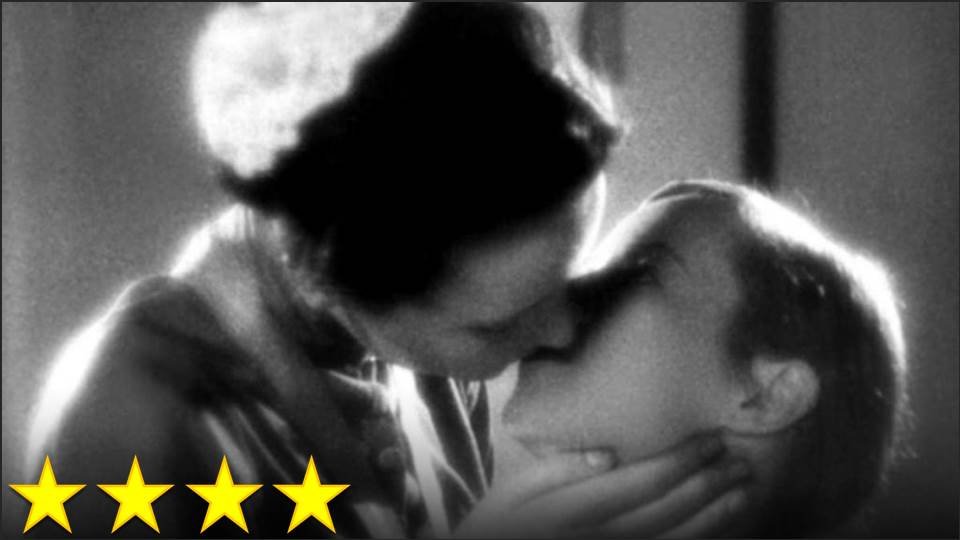Mädchen in Uniform is a 1931 sound film about a girl in a boarding school who finds herself falling in love with one of the women who teaches there (see image below). This film is highly dramatic, and puts the audience in her shoes as she suffers greatly at the boarding school and (minor spoiler warning) considers committing suicide. It has an all-female cast and a female director, and it’s based on a play by Christa Winsloe. Needless to say, this is not a Hollywood movie – it comes from Germany – but it was highly successful internationally. In part because of the time period in which it debuted, it is considered to be an anti-Nazi film, even though Nazis are (to my memory) never seen nor mentioned. Welcome to European cinema.
What we have here is a film that is doing a lot of things at once. On the one hand, it shows what girls are like at their most normal and ordinary through its exceptional realism, while at the same time presenting us with girls who are quite strongly attracted to other females and thus represent a distinct minority of the population. It relies on elements of German Expressionism in some scenes, particularly in its lighting, but most of it has the style of the New Objectivity movement, which was oppositional to the aforementioned movement. It is a very personal story about the problems that come with a strict, unfeeling manner of bringing up children that lacks compassion and understanding, yet it can also work as an allegory for the issue of overly strict authoritarian governments. To me, it is the personal story of living in a strict school that gives the film so much power over me, if only because I’m still rather resentful about the arguably overbearing schooling I received, and the perfect blend of realism and theatricality sells it brilliantly. I do think that most of the first half of the movie is rather boring, but by the climax, it gets my blood boiling in just the right way – a way so few stories since Carrie have been able to do – and for that I appreciate it greatly.
